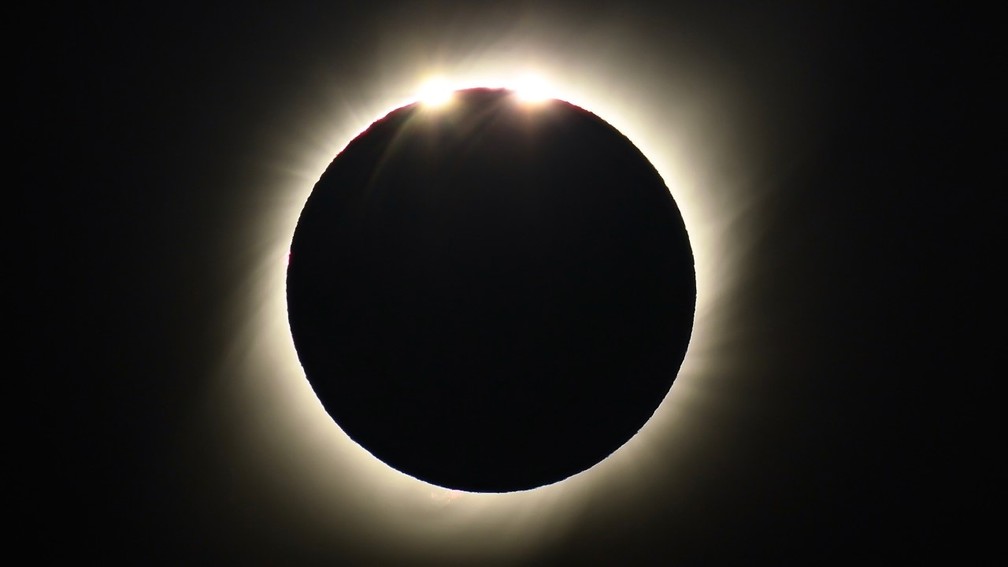RIO DE JANEIRO, BRAZIL – The recording of the total eclipse of the sun in 2019, made by Brazilian Leonardo Caldas, was chosen on Tuesday, July 9th, by NASA for its Astronomy Picture of the Day (Apod) website, which daily publishes a new photograph of astronomy phenomena observed by photographers from around the world.

The picture captures the moment when the moon positions itself in front of the sun, and a ring of light is formed. The same instant, a flock of birds were flying through the skies of La Sirena, Chile, and were instrumental in shaping the best picture of the day, according to the space agency’s website.
“I submitted the photo for approval on the same day I took it, while still in Chile, but screening is very thorough, to avoid fraud. The Apod editors only believed that my photo wasn’t a fake when they saw the video from which I took this frame,” comments the astrophotographer.
This was the third total eclipse of the sun recorded by the Brazilian. Caldas comments that he went to the U.S. to follow the event in 2017 and that it was difficult to take the photos in a brief two minutes.
“This time, I used a 4k quality camera, and that was the exact moment that these birds flew by. It was the most interesting thing in the world; I had never experienced anything like it before”, he says.

Caldas landed on the Coquimbo coast in Chile, but decided not to compete for a space on the beach that was “too crowded” and moved away. From a distance, he positioned himself at an optimal angle to follow the birds flying into the sea.
“It’s indescribable. Everybody should experience this. When everything goes dark, it’s like a switch — even the temperature changes. I was stunned,” he recalls.

